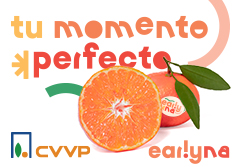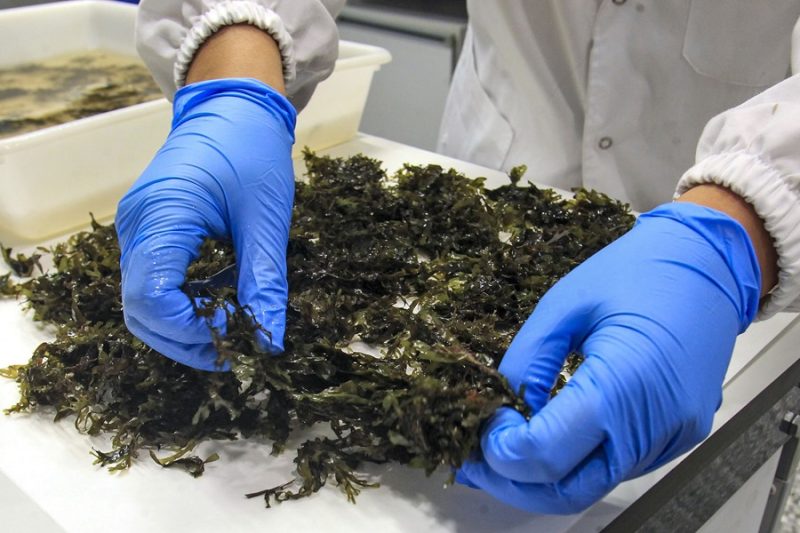The project, named CropSafe and funded by the European Union, has recently begun under the coordination of the Plant Pathology Research Group at the University of Alicante (UA) — one of the world’s leading scientific departments in this field. It is led by Professor Luis Vicente López Llorca and Associate Professor Federico López Moya.
The main goal of CropSafe is to develop bioactive materials with a low carbon footprint derived from biomass, capable of combating agricultural pests as effectively as synthetic chemicals. This innovative line of research in Spain aligns with the EU’s sustainability and circular economy strategies, which are progressively restricting or banning harmful pesticides from the market.
“Biomass holds great potential, yet much of it is still wasted,” explained the UA researchers. “Industrial and agricultural by-products can be transformed into biopesticides — some directly and others through specific formulations — creating valuable resources for sustainable agriculture.”
Key crops under threat: potato, tomato, and banana
The CropSafe team has identified three essential crops for global food security currently at high risk: potato, tomato, and banana.
Potato and tomato crops are severely affected by nematodes, microscopic worm-like parasites that attack plant roots, reducing tomato yields by up to 65%.
Banana plantations are facing a global pandemic caused by the black weevil and the Fusarium oxysporum fungus, which suffocates plants and currently has no cure, threatening the global survival of the banana crop.
Green innovation powered by European biorefineries
Three biorefineries located in Norway and Denmark are supplying key by-products from pulp production, seaweed, and used coffee grounds as raw materials.
Researchers will transform these materials into bioproducts to be tested both in laboratories and agricultural fields as next-generation green pesticides.
In the United Kingdom, trials will focus on potatoes.
In Italy (at the Consiglio Nazionale delle Ricerche, the Italian equivalent of Spain’s CSIC) and Spain (University of Alicante), experiments will target tomato crops.
In the Canary Islands, the Regional Group of Banana Cooperatives (Coplaca), together with UA, will test the new bioformulations against the black weevil and Fusarium oxysporum in banana plantations.
Promising laboratory results
The project also includes the use of biological control agents — microorganisms antagonistic to pests and pathogens. At the University of Alicante’s Plant Pathology Laboratory, scientists are cultivating a nematophagous fungus that grows on biomass and produces metabolites capable of directly combating crop pests.
RELATED NEWS: Altinco launches an eco-friendly pesticide with just 20% paraffin oil
According to the research team, CropSafe will also help valorize biomass residues that currently cause environmental and management challenges, turning them into valuable agricultural inputs.
“Initial laboratory results have been very encouraging,” the researchers revealed, “as we have already identified compounds with activity against several key pest targets.”




















